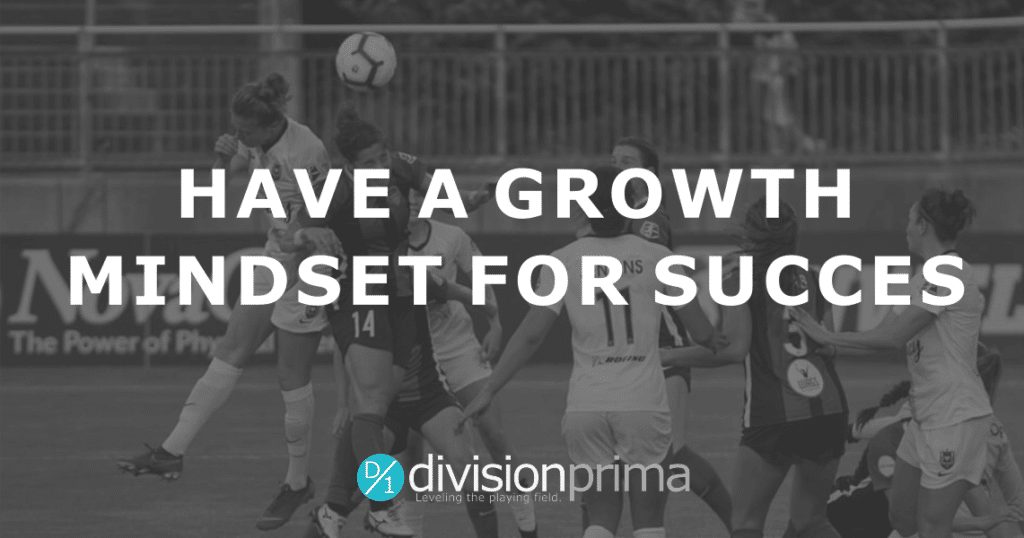
Establish A Growth Mindset For Individual And Team Success
Snapshot:
- Growth mindset and fixed mindset manifest at an early age and and impact the quality of life.
- A fixed mind sets assumes character, intelligence, and creative ability are set and cannot be changed.
- A growth mindset believes that intelligence and talent can grow with time and experience.
- Hire growth mindset employees, they will take charge of their motivation and will be responsible for their learning.
Your Beliefs Impact Your Success
Our beliefs can have a large impact on the quality of our lives both personally and professionally. There are two beliefs in particular that have a large impact and they manifest themselves at a very early age. These beliefs direct our relationship with success and adversity into all aspects of our lives.
Fixed Mindset vs. Growth Mindset
These two beliefs are the “fixed mindset” and “growth mindset”. These principles come from Carol S. Dweck’s “Mindset: The New Psychology of Success”. We are going to discuss the importance of developing the right mindset for you and your teams.
Fixed Mindset
A fixed mind sets assumes are character, intelligence, and creative ability are set and cannot be changed and sees success or failure as something inherent. As a result, people with a fixed mindset stack up intelligence and talent rather than developing and improving them. They also believe that talent is responsible for success and effort is not required.
Growth Mindset
A growth mindset believes that intelligence and talent can grow with time and experience. A person with a growth mindset thrives on challenges and does not see failure as a lack of talent or intelligence but as an opportunity for learning. This mindset is bases on the belief that you can cultivate greater qualities through effort and that everyone can grow through practice and experience.
The difference between these two mindsets is that one creates a passion for leaning and experience rather than a need for approval.
This growth mindset is based on the belief that your basic qualities are things you can cultivate through your efforts, your strategies, and help from others. Although people may differ in every which way – in their initial talents and aptitudes, interests, or temperaments – everyone can change and grow through application and experience.
Carol S. Deweck “Mindset: The New Psychology of Success”
Your Team Should Thrive During Challenges
People with a fixed mindset only thrive when things are safely within their reach therefore, if things get too challenging, they lose interest. You do not want this attitude within your company. You want people in your company that have a growth mindset. People with a growth mindset thrive on challenges
Why waste time proving over and over how great you are, when you could be getting better? Why hide deficiencies instead of overcoming them? Why look for friends or partners who will just shore up your self-esteem instead of ones who will also challenge you to grow? And why seek out the tried and true, instead of experiences that will stretch you? The passion for stretching yourself and sticking to it, even (or especially) when it’s not going well, is the hallmark of the growth mindset. This is the mindset that allows people to thrive during some of the most challenging times in their lives.
Carol S. Dweck, Ph. D mindset: the new psychology of success
Facts about the Growth Mindset:
- Thrive on challenges
- Growth happens through practice and experience
- Success comes from work not inherent talent
- Bounce back from setbacks
- Learn from Feedback
- Persistence in the face of obstacles
- Initiative for learning
- Inspired by others’ success
- Dedication and effort are key to success
The difference in these mindsets might explain why some people deemed talented never achieved success. They didn’t have the right mindset.
To achieve success within your organization you want to hireemployees with the right mindset. Anemployee with a growth mindset will take charge of their motivation and will beresponsible for their learning.
Mindset change is not about picking up a few pointers here and there. It’s about seeing things in a new way. When people – couples, coaches and athletes, managers and workers, parents and children, teachers and students – change to a growth mindset, they change from a judge-and-be-judged framework to a learn-and-help-learnframework. Their commitment is to growth, and growth takes plenty of time, effort, and mutual support to achieve and maintain.”
Carol S. Dweck, Ph. D mindset: the new psychology of success
